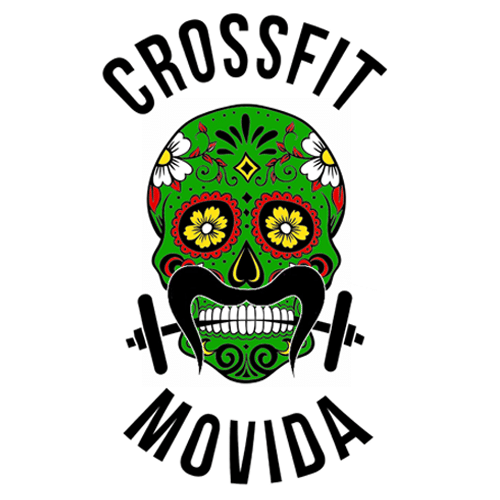Ageing, performance and health
While physical capacity inevitably declines as humans age, fitness has dramatic effects on health and quality of life.
At what stage in our lives is it time to stop lifting weights?
There is no age when you should stop lifting! While it tends to be around those aged 40 + where you start to hear complains of joint stiffness, sore backs, sleep troubles, etc. It is also around this age where people begin to use age as an excuse for their lack of exercise! Why is this? A lack of education and a fear for injury! Ask yourself, do you really know what goes on with your body as you age? What makes you think you have to stop exercising completely?
So why is it that with age, our performance naturally declines? What actually happens to our bodies as we age?
As men and women age, their muscle fibers shrink in number and in size, contributing to a loss of strength, balance, and coordination. Remarkably, people can experience some of these declines as early as their 40s. Genetics, diet, smoking, alcohol use and, especially, lack of physical activity, may all contribute to this decline. But the good news is that resistance exercise can reverse much of this decline and increase the size of shrunken muscle fibers. As we push past those older years in our lives, we consciously start to back away and protect our bodies, in those years this is where we can also continue training but with a goal of lifting weights heavy enough to achieve 10-15 reps before muscles become fatigued (avoiding maximal weights). Our big picture goals also subconsciously change’s from lifting a certain maximal weight for a specific lift, to getting into the gym 3 times a week or ‘just’ getting a strength session in to keep fit and strong.
Why not stop exercising when we age?
Because the benefits are SO good, you can’t afford to stop or avoid exercise!
While most older adults are aware they need regular aerobic exercise like walking, swimming, or running to strengthen their heart and lungs and tone their bodies, many do not do any form of weight or resistance training. More and more research is finding that it is, in fact, the type of exercise that can substantially slow, and even reverse, the declines in muscle mass, bone density, and strength that were once considered unavoidable parts of aging.
Weight training combined with aerobic exercise can increase bone mass, lowering the risk of developing osteoporosis and fractures from falls. By adding muscle, and thereby adding more weight to the skeleton, the bones are stimulated to strengthen and grow. Evidence also shows that exercise for the elderly improves sleep and moods of mildly to moderately depressed individuals. Exercise has also been demonstrated as a potential tool for preventing dementia, enhancing post-coronary performance, speeding recovery healing rates, enhancing self-efficacy, decreasing physical discomfort, resisting diabetes, combating cancer and the list goes on!
Is it too late to start exercising?
It’s never too late! If exercise or strength training hasn’t been something you’ve been doing right along, it’s important not to jump right into it.
Some simple steps to break into exercise slowly can yield big rewards:
-
Don’t strength train more than three times per week, and be sure to add a rest day in between workouts.
-
Remember, lifting weights heavy enough to achieve 10-15 reps before muscles become fatigued (avoid maximal weights).
-
If you’re not sure of proper form, have pre-existing injuries or what to do in general, it’s better to start working with a trainer to reduce the risk of injury.
-
You shouldn’t experience pain while lifting weights, but it is normal to feel some soreness the next day.

